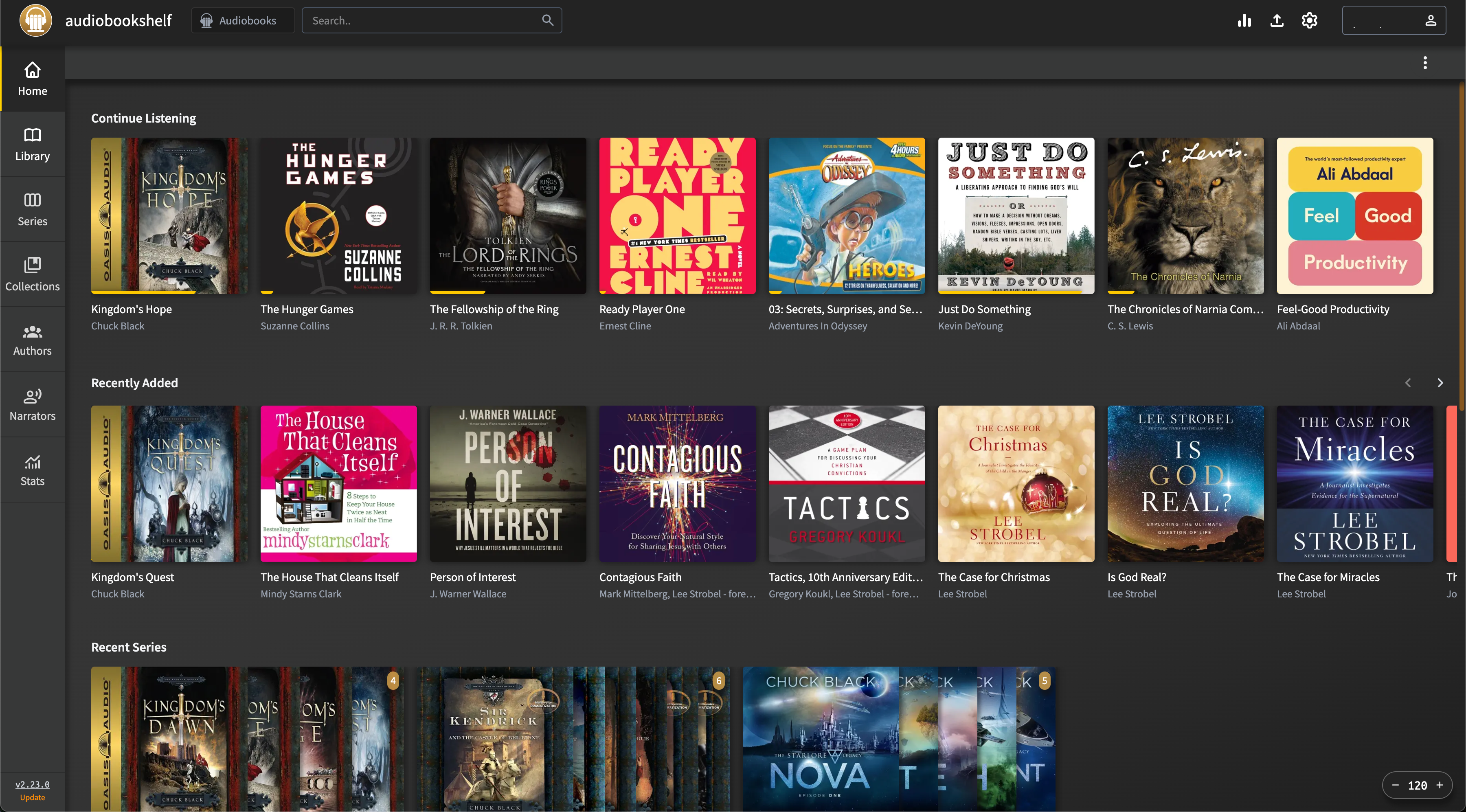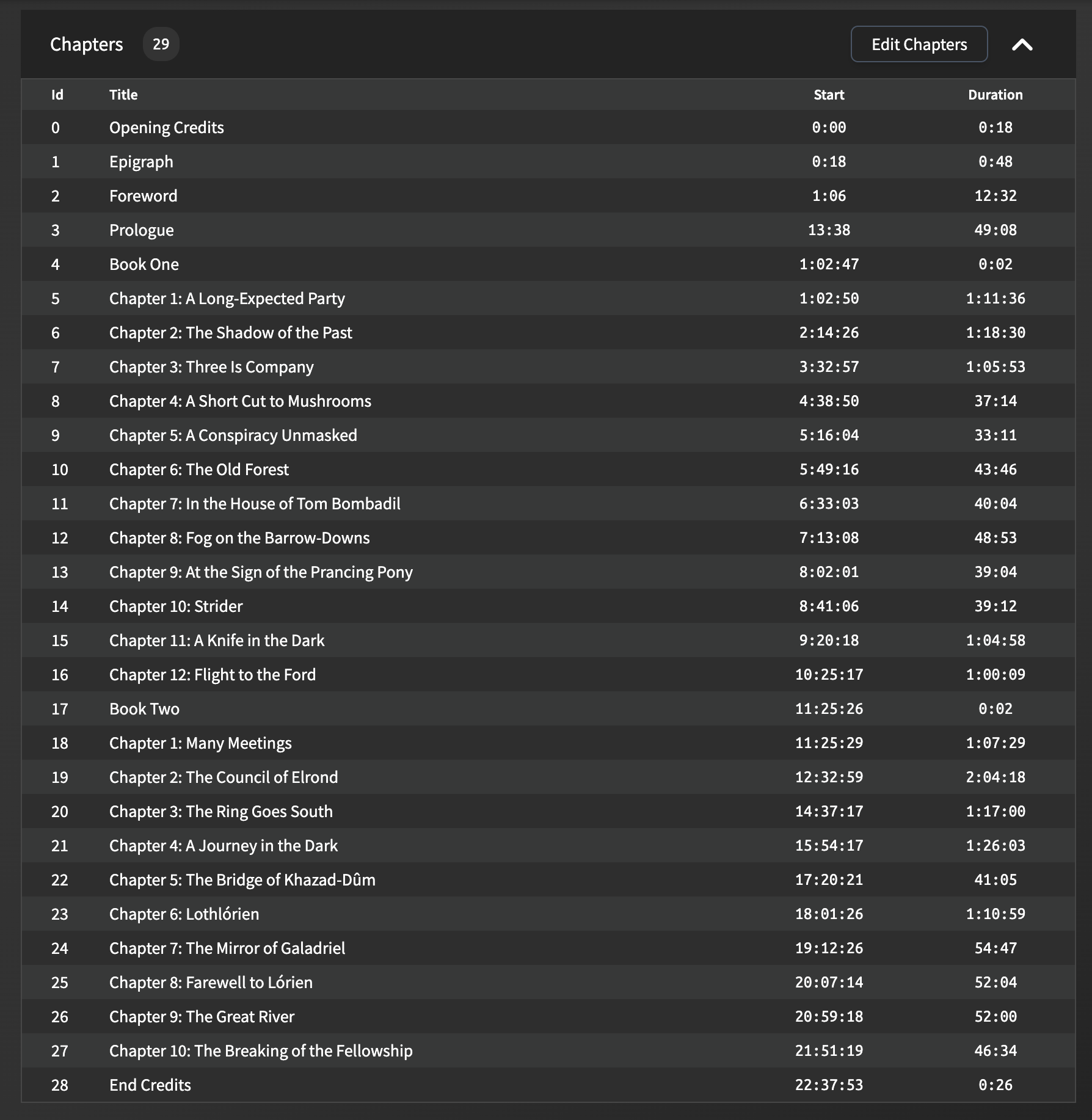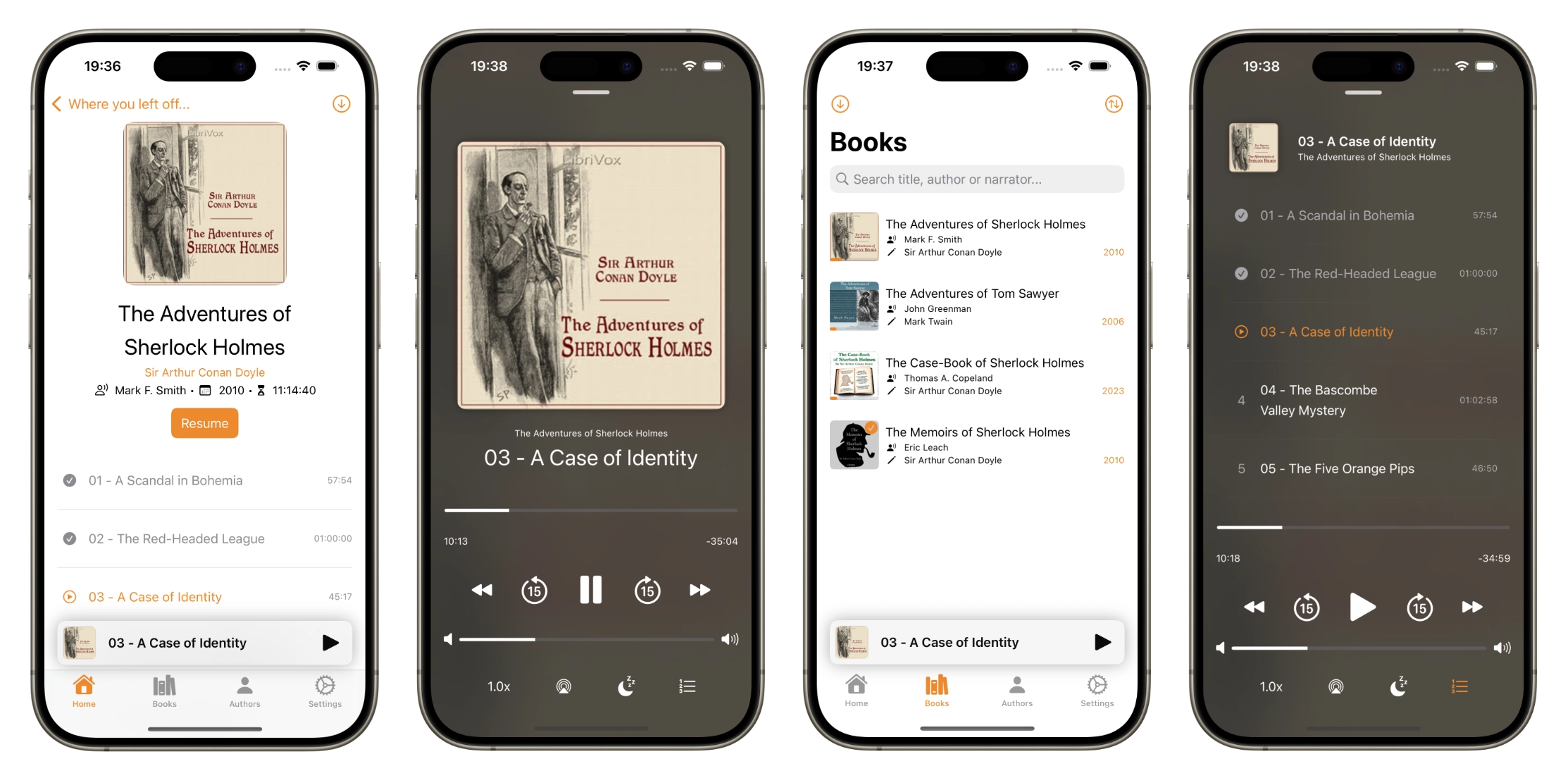If you’re anything like me, then it’s very possible you’re sick and tired of paying for Audible just to listen to your audiobooks. I found a better way to enjoy my audiobooks without Amazon’s hand in my cookie jar, though, and that’s with AudioBookshelf.
Why Leave Audible?
I’m a long-time Audible user. While it hasn’t been a lifetime, I’ve used the service with books that I’ve owned for close to a decade. However, I’ve recently been on a mission to self-host as much as I can, and that extends into audiobooks too.
In the past, Audible (just like many other online media subscription services) has removed access to purchased audiobooks via search. They’re still there if you dig far enough, but they sometimes become difficult to find.
This issue, along with a desire to be able to use my own audiobook files I get from elsewhere (be that the author directly, ripping an old audiobook CD, or anywhere else), drove me to search for a way to run my own audiobook server that would act like Audible. That’s when I found AudioBookshelf.
What Is AudioBookshelf?
AudioBookshelf is a self-hosted audiobook server. The best way to describe it is that it functions like Plex or Jellyfin, but designed specifically for audiobooks.
You’ll find that the AudioBookshelf interface is very intuitive and just makes sense when it comes to listening to audiobooks. It integrates with a number of third-party services to get information for books, like Google Books and Audible.
In fact, AudioBookshelf can even find chapter markers for books and automatically add the chapters to your audiobook if it’s available on Audible.
All-in-all, AudioBookshelf is invaluable when it comes to listening to your own self-hosted audiobooks. It even works on mobile, and all without any form of a subscription.
How to Self-Host AudioBookshelf
AudioBookshelf is run as a Docker container in most setups, though the developer does have installation instructions for a few other operating systems too. For this article, I’m going to stick to a Docker deployment as that’s how I currently run it in my setup.
To get started with AudioBookshelf, visit the Docker Compose installation instructions page to view the Docker Compose file. There’s also a Docker-CLI section below that you can refer to if you prefer not to use Compose.
As far as Docker containers go, it’s pretty straightforward. Really, the only variables are a few volumes and your time zone. For the volumes, the only three that are required is /config, /metadata, and /audiobooks (or some other media mount).
The /config mount houses the database, and has to be on the same machine that you’re running AudioBookshelf on. The /metadata mount is for cache, streams, covers, downloads, backups, and logs. The /audiobooks mount (or however you want to mount your media) is really up to you.
I have had three media mounts before, and referenced them all in AudioBookshelf just fine. My media is also hosted on another server mounted via NFS, and it works great. Audiobooks typically take up only a few hundred megabytes each, so you can store thousands of audiobooks using just 1TB of storage.
By default, AudioBookshelf will run on port 13378 on your host machine. I access my AudioBookshelf at 192.168.0.6:13378, as that’s my server’s IP address, but your IP address will likely be different.
That’s all there is to it. I have my AudioBookshelf instance behind my reverse proxy so I can access it outside my network, but you can leave it as-is and not worry about that if all you want to do is stream locally at home.
You’ll Need to Source DRM-Free Audiobooks
Now comes the not-so-fun part of AudioBookshelf: you need audiobooks without DRM (Digital Rights Management) software. While it is relatively easy to rip a DVD or Blu-ray to put a movie on Plex, audiobooks aren’t quite so easy.
The majority of audiobooks have DRM attached to them. Audible, Libby, Apple Books, and most other audiobook sources have DRM to keep you from sharing the books (or playing the books) outside the respective platform.
Some authors offer their audiobooks as direct purchases and without DRM. There are also services like LibriVox which houses public domain audiobooks. It’s also possible to turn any eBook into an audiobook, which would work great for AudioBookshelf.
Find the Perfect Mobile App
While AudioBookshelf has a pretty great mobile-responsive website, I still prefer to use a dedicated app for listening to my audiobooks. As I’m an iPhone use, Plappa is my go-to app to listen to AudioBookshelf.
It’s completely free and has a one-time $5 in-app purchase if you want to unlock local downloads (which I highly recommend). The app works great, and has all the features you could ever want for an audiobook player.
On Android, there’s actually a native AudioBookshelf app to use. It works well, and is also completely free to use.
Now that you have an audiobook server up and running, what about self-hosting some other services? Here are 10 Docker containers I think every homelabber should run. Also, don’t forget to check out how to unify all your streaming services with Plex!




